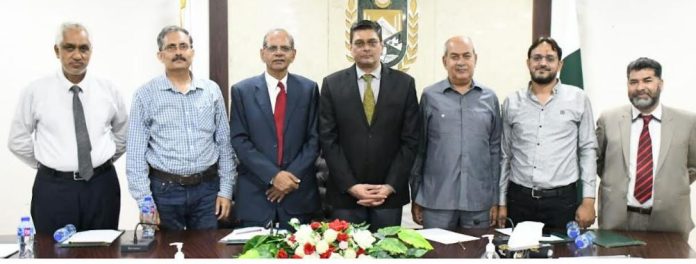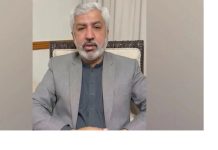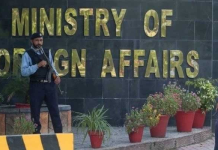Islamabad, JUL 29 /DNA/ – Muhammad Shakeel Munir, President, Islamabad Chamber of Commerce & Industry (ICCI) said that the traders across the country were up in protest against the levy of fixed sales tax in electricity bills while the business community of other sectors have also shown great concerns over the imposition of many new taxes through the Finance Bill 2022 including deemed rental income, capital gain tax, increase in withholding tax etc. and called upon the government to introduce a supplementary budget in consultation with trade bodies in order to address such tax issues of the business community. He said this while addressing a meeting of ICCI Tax Committee.
Muhammad Shakeel Munir said that the government has introduced minimum fixed sales tax of Rs.3000 for small traders in the monthly electricity bills even though the amount of bill is less than Rs.1000, which was unjustified. He stressed that the government should introduce fixed sales tax on the basis of consumption of electricity units to make it affordable for small traders. He said that the annual income of many small traders was less than the taxable threshold, but they were being forced to pay minimum monthly sales tax of Rs.3000, which is not justified. He urged that the government should consult with the trade bodies to address such tax anomalies and come up with a supplementary budget to rationalize high taxes.
Jamshaid Akhtar Sheikh, Senior Vice President ICCI said that the government was charging 5% sales tax on the amount of up to Rs.20,000 of electricity bill and 7.5% on the amount exceeding Rs.20,000, which was more affordable for traders while the minimum fixed sales tax of Rs.3000 in monthly electricity bills was not acceptable for them.
Naeem Siddiqui, Convener, ICCI Tax Committee said that the sales tax should not be collected with electricity bills and urged that FBR should introduce self-assessment scheme for the business community, which would not only address their tax issues, it would also help in enhancing the tax revenue of the country.
Mian Waqas Masud said that PRAL was storing computerized payment receipts (CPRs) for just 3 years in its record due to which CPRs of over 3 years were not available in its system and FBR was issuing notices for CPRs to the business community, which was strange. He stressed that PRAL should keep CPRs at least for 5 years in its system to save the business community from such unnecessary notices.
Tahir Abbasi, Khalid Chaudhry, Mian Muhammad Ramzan, Muhammad Yousaf Khan, Ch. Masood Tabish, Kashif Mahmood, Hasan Iqbal Gardezi, Touseef Zaman, Babar Chaudhry, Hafiz Bilal and others members of Tax Committee also highlighted various tax issues and urged that the introduction of a supplementary budget in consultation with stakeholders was the best solution to address them.
















